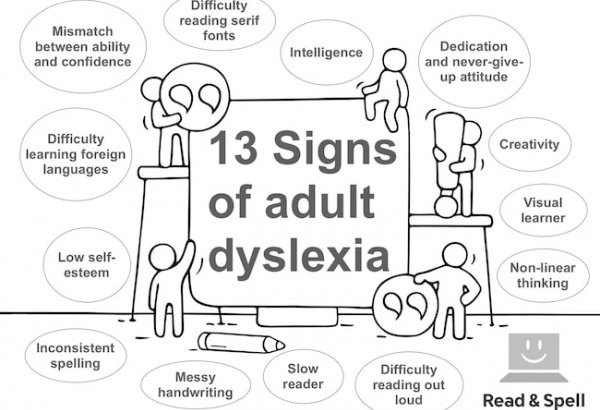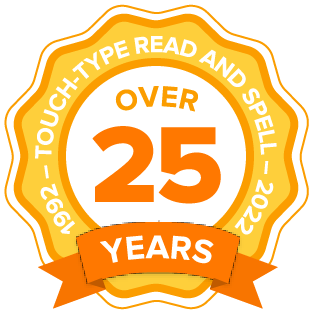Volunteering to teach adults to read

Not everyone becomes a strong reader during childhood. Poor literacy skills can be the result of a dysfunctional home situation, a physical impairment or an undiagnosed learning difficulty.
Unfortunately, without functional literacy, it is difficult for adults to access further education, provide for their families and navigate daily life in an urban society. Lacking reading and spelling skills also cause embarrassment, shame and low self-esteem for affected individuals who may believe they are less intelligent than others and/or simply “not good” at reading and writing.
In many cases, all that’s needed is an intervention and a sustained programme of skills development. This might entail finding a tutor who is willing to volunteer on a regular basis and dedicate time to helping the adult regain their confidence and learn to read.
One of the most rewarding experiences as a volunteer tutor is spending time helping an adult learner improve his or her literacy. With reading abilities comes a boost in confidence and a whole new world of opportunity on the job front. When you help an adult you also enhance your skills as a tutor.
That’s because no two learners are at the same level. Every learner presents a unique situation due to the amount of education completed, skills acquired on the job and other important life experiences. Some adults may require a tutor to start from scratch, going over the alphabet and introducing phonics skills.
Others might benefit more from learning to sight read high frequency vocabulary or mastering strategies for spelling challenging words.
As a tutor, there are many resources you have available to you. These range from free phonics materials to graded readers and online spelling training. Consider if you have a visual, kinesthetic or auditory learner and help them take a complementary approach that reinforces literacy skills in their preferred medium.
You may also want to follow up on any suspicions you have about an undiagnosed learning difficulty. It may be possible to have an adult tested or provide some simple strategy training in the case that a diagnosis is not possible (try our posts on helping dyslexic and dyspraxic learners, slow processors and visually impaired students with reading).
Your expertise in working with students who have a specific learning difficulty or difference will be enhanced by taking a specialist diploma.

How reading works
Reading requires a strong understanding of the sounds that map to letters and letter combinations. As an adult learner already speaks his or her language, the first step is to work on recognition and noticing of the sounds that make up words.
It’s easy to sound out words you already know, so start by having them read familiar vocabulary. Decoding takes a lot of time and energy so it is also important to be sure material is level appropriate.
Have the learner lift up a finger for every word in a paragraph that is unfamiliar. If at the end all five fingers are raised, it may be wise to start with something simpler to ensure frustration is avoided. Eventually, words will become familiar and reading will speed up as more and more terms are recognized by sight.
This means they don’t need to be sounded out. You can help the process along by using activities that repeatedly drill target vocabulary.
Read more in helping adults with literacy skills, teaching adults to read and spelling for adult learners.
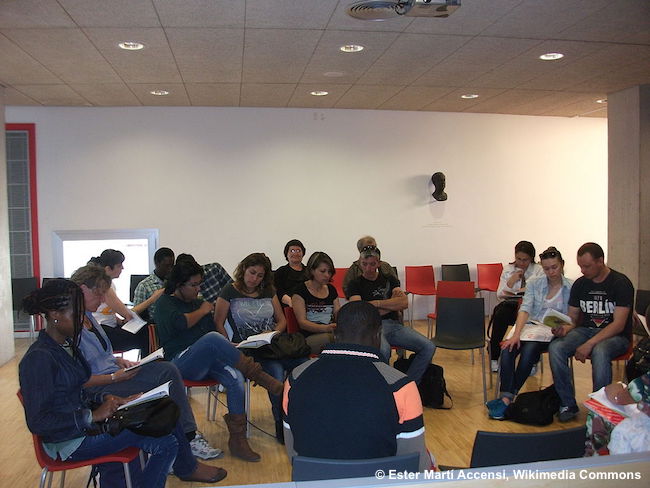
Tips for tutors
Working with adults is a very different experience for a tutor who is used to younger learners. Remember to underscore the importance of developing literacy skills and their practical application in terms of finding employment and accessing further education opportunities.
-
Know your learners. Being functionally illiterate does not mean an adult cannot read or write any words. Abilities can range dramatically but usually reading skills and vocabulary are not sufficient to allow the adult to succeed in school and work endeavours. It helps if the tutor assesses the learner’s level at the start to enable selection of reading material that presents just the right amount of challenge.
-
Choose engaging and relevant content. You might find it fun to work with children’s books and early readers but using this kind of material can be insulting and inappropriate for an adult learner. Instead, a tutor might volunteer pamphlets from a job centre or information on library schedules as real-world practice. Similarly, instead of a spelling or reading app built for younger learners, you might consider suggesting a literacy course that also teaches a new skill, such as touch-typing. For more information on the Touch-type Read and Spell programme for use with adult learners, just contact our team.
-
Be respectful, empathetic and positive. Adult learners may struggle to accept the traditional tutor-tutee power relationship. You might find a strong emotional response to literacy training that can be discouraging at the outset. Remind them that slow and steady wins the race and you are there to assist and keep them motivated. Try to think of it in terms of coaching vs. teaching. Part of your role is to remind them of all of the positives literacy brings and keep them motivated.
-
Make it fun. Learning to read isn’t easy. You can help break down some of the emotional barriers that an adult may have in place due to past negative experiences and encourage progress by making your tutor sessions fun. Ask the learner what they are interested in and bring in an article or book they are sure to enjoy. Remember to provide plenty of positive feedback too. If you are working with someone at a basic level, even small steps like writing out a grocery list and spelling the items correctly are cause for celebration.
-
Step outside your comfort zone. If you’re looking for a volunteer program you might try your closest prison or correctional facility. That’s because according to Wikipedia over 60% of adults in US prisons read at or below a fourth grade level. Inmates can greatly benefit from developing their literacy skills which make a huge difference in giving them a second chance at work and education once they have served their time.
English language learners
If they are coming from a very different first language background, such as Arabic or Mandarin, some adults may not have acquired much language due to an unfamiliar writing system.
It can also be that the individual has lived in a community with other people who speak their first language and had little contact with native English speakers. They may also simply be newly arrived in the country.
The important thing to understand is that if an adult has literacy skills in their first language it will be much easier for them to learn to read and write in English. That’s because reading and comprehension strategies transfer from the L1 to the L2.
Learn more about ELLs and helping adults improve writing skills in English. Learn more about dyslexia and language learning.
How a typing course can help
There are many benefits to taking a touch typing course, including introducing a new skill that can open up jobs for adults and increase computer literacy.
However, if the course is multi-sensory, as is the case for Touch-type Read and Spell, a volunteer tutor can also use it to reinforce phonics work. Letters and basic words are read aloud, displayed on the screen and then typed by the student.
Moving through bite-size modules and levels ensures gradual progress with regular feedback. It also exposes them to repeat examples of high frequency vocabulary. Moreover, they can use their fingers to help remember the spelling of difficult words!
Do you have any tips to add on volunteering to teach adults to read? Send us an email and join the discussion!
For adult learners
TTRS is a program designed to get adults with learning difficulties touch-typing, with additional support for reading and spelling.
Chris Freeman
TTRS has a solution for you
An award-winning, multi-sensory course that teaches typing, reading and spelling
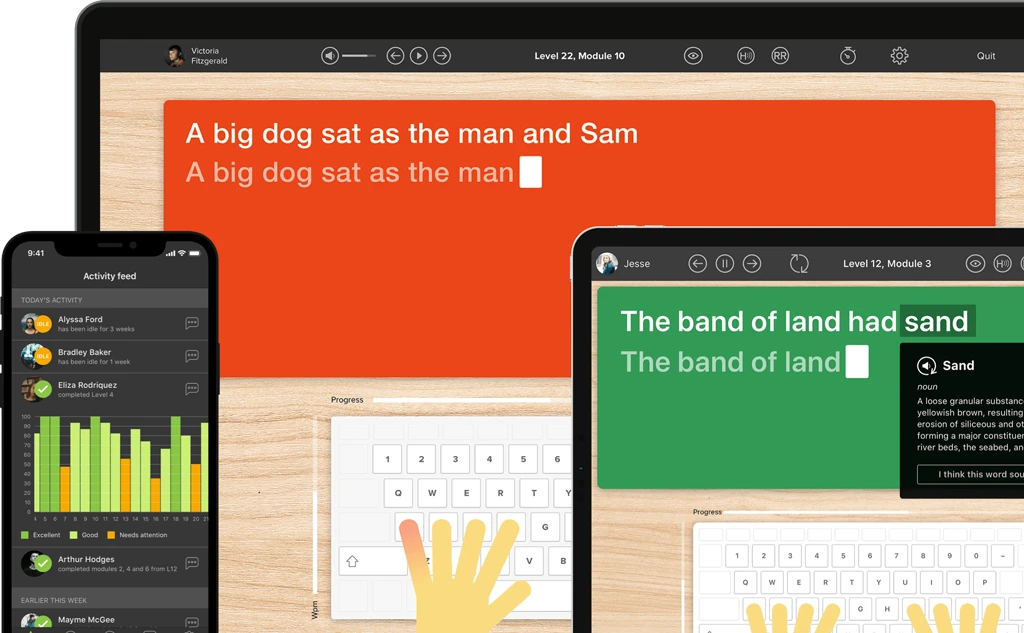
How does TTRS work?
Developed in line with language and education research
Teaches typing using a multi-sensory approach
The course is modular in design and easy to navigate
Includes school and personal interest subjects
Positive feedback and positive reinforcement
Reporting features help you monitor usage and progress











